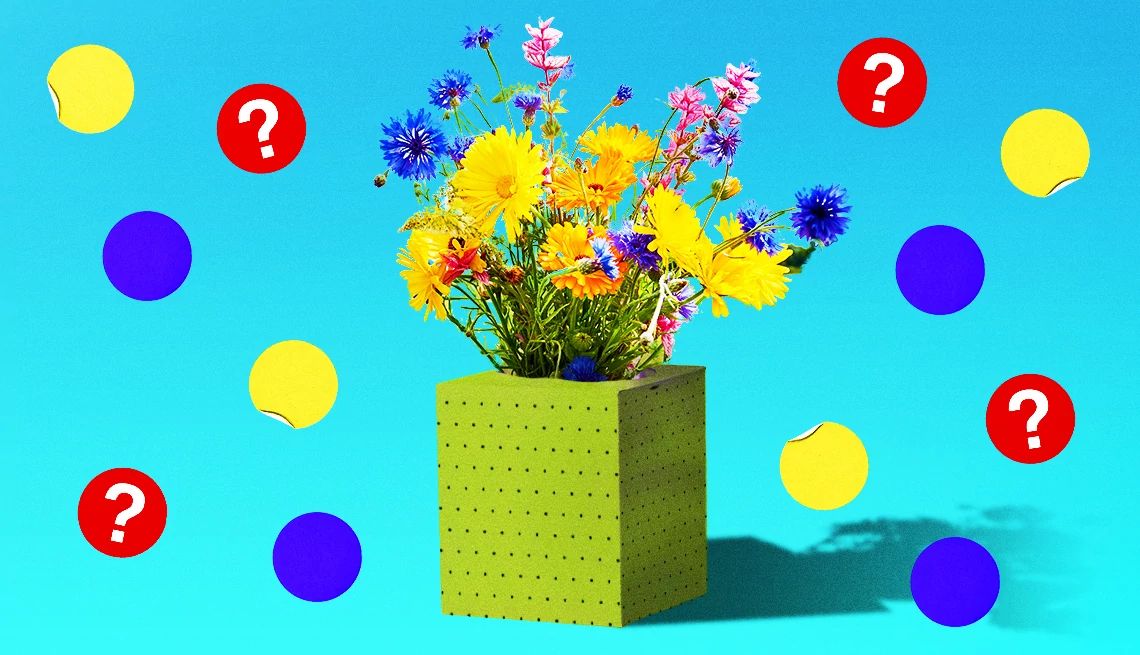AARP Hearing Center


This quiz was created with the assistance of generative AI. It was reviewed by editors before publication.
Spring is synonymous with beautiful flowers — and the arrival of allergy season. As pollen erupts from billions of blooming plants, millions of older Americans suffer from irritated eyes, stuffy noses and scratchy throats. If you’re one of those folks, learn how to cope during these difficult months by reading our Smart Guide to Seasonal Allergies. After reading it, take this quiz to test your knowledge of what you’ve learned.

































































You Might Also Like
How to Protect Your Vision
21 ways to take charge of your eye health
Doctor, Can You Help With Spring Allergies?
A medical professional's best advice for seasonal suffering
How Your Sense of Smell Changes With Age
Plus ways to boost the flavors